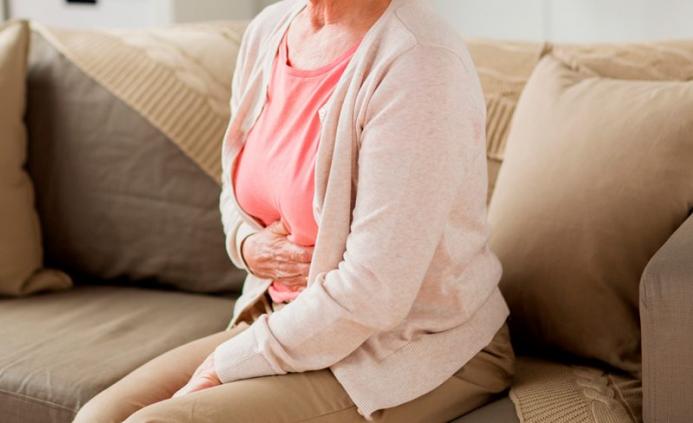Diarrhea in old age: from dangers to solutions
Cramps pain, meteorism, feeling of urgent need to defecate and fecal incontinence. They are the main symptoms of diarrhea, a disorder that unfortunately becomes more common in the third age and that it is important never to neglect because it represents an important cause of morbidity and mortality.
The alarm bell must sound when the defecation becomes different in frequency and volume than normal, the discharges are painful, sometimes even bloody. These are symptoms common to various diseases and alterations. The elderly are particularly affected because they are more sensitive to infections, to chlorine concentration anomalies (for example due to the use of gastroprotective drugs), to motility disorders, to decreased mucosal immune function, and are more likely to have suffered earlier surgical interventions.
This is a delicate situation because, in the elderly, diarrhea as a whole can lead to an increase in mortality of up to 35%, this is because people in this age group bear less dehydration and the consequent decrease in the volume of circulating blood.
The types
The first step to combat diarrhea is to classify it.
It can last a long time, over 4 weeks, and acquire characteristics of chronicity. In this case, it can imply pathologies, even severe ones, such as tumors, or poorly tolerated therapies. The most frequent causes are drugs, for example, NSAIDs, antacids with magnesium, antiarrhythmics, beta-blockers, and so on.
However the most frequent situation is that of acute diarrhea, that is, lasting less than two weeks. It may be due to an infection (viral, bacterial or parasitic), or a recent change in medication or food intolerance. We often tend to think that it is a danger above all linked to winter, but unfortunately, it is not so. The biggest culprit among the viruses is generally the Norwalk, unfortunately, present all year round, followed by the rotavirus, more common in the cold season. Diarrhea can also affect after ingestion of food contaminated with bacteria and bacterial gastroenteritis. Epidemics in nursing homes for the elderly are often well known, often caused by Escherichia coli, and burdened with triple morbidity and mortality compared to younger people.
Particular caution must also be given with drugs, for example, diarrhea is frequent during or immediately after the administration of antibiotics or chemotherapy. Sometimes, however, it is a problem that can be more easily solved, such as food intolerance, or excessive consumption of fruit or beans.
What to do
The first of the councils, although it appears trivial, is fundamental and too often overlooked: scrupulous attention to hygiene. In the case of diarrhea caused by food intolerances or medications, it is good, if possible, to stop contact with irritating substances, the doctor will be able to give the most appropriate indications to the individual situation.
In any case, it is important to support the patient to avoid problems and the first step is to combat the loss of fluids and electrolytes. To restore the compromised hydro saline balance, an integrator that contains balanced doses of electrolytes can help.
To further counteract the risk of dehydration, active therapy can be used by taking Diosmectite, a natural clay characterized by a crystalline structure in very thin superimposed lamellas that gives it a high adsorbent power, such as to make it able to incorporate the liquids present in the lumen intestinal thus increasing the consistency of the stools slowing the expulsion. This clay, thanks to its adsorbent power, interacts with the glycoproteins of the mucous film that covers the gastroduodenal wall, modifying its physical characteristics to form a protective gel.



